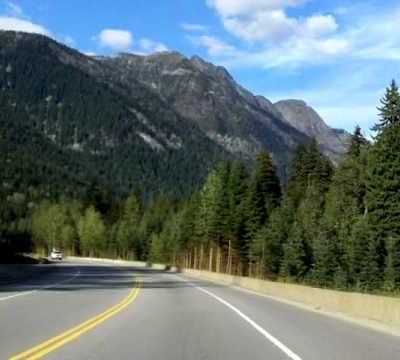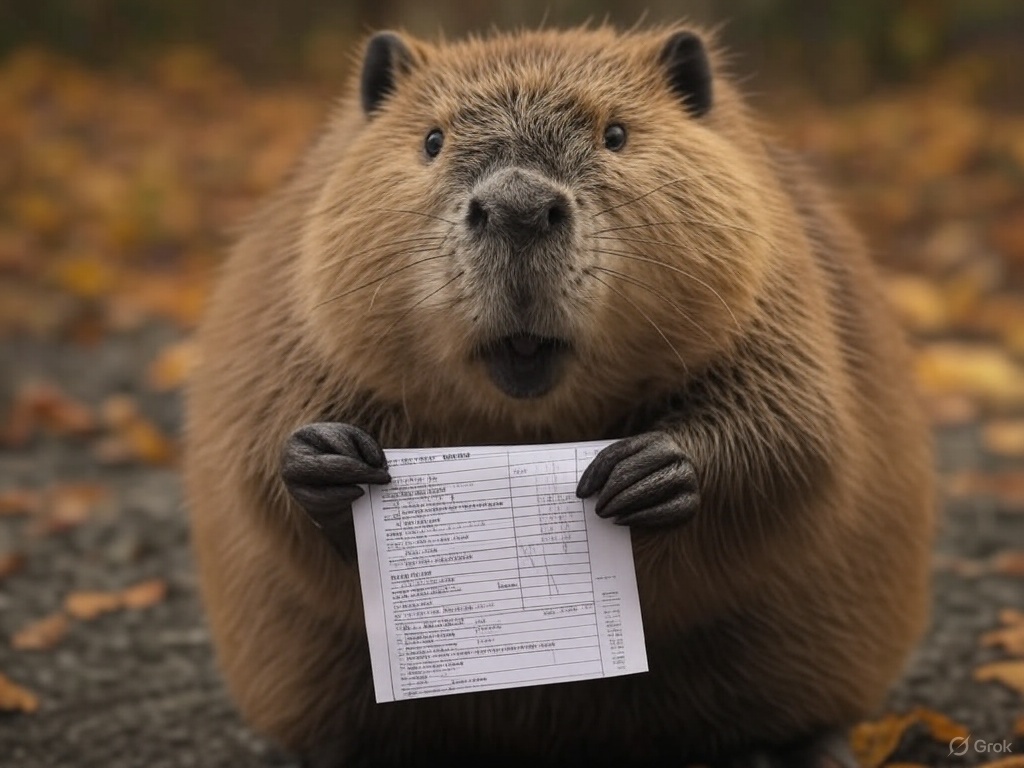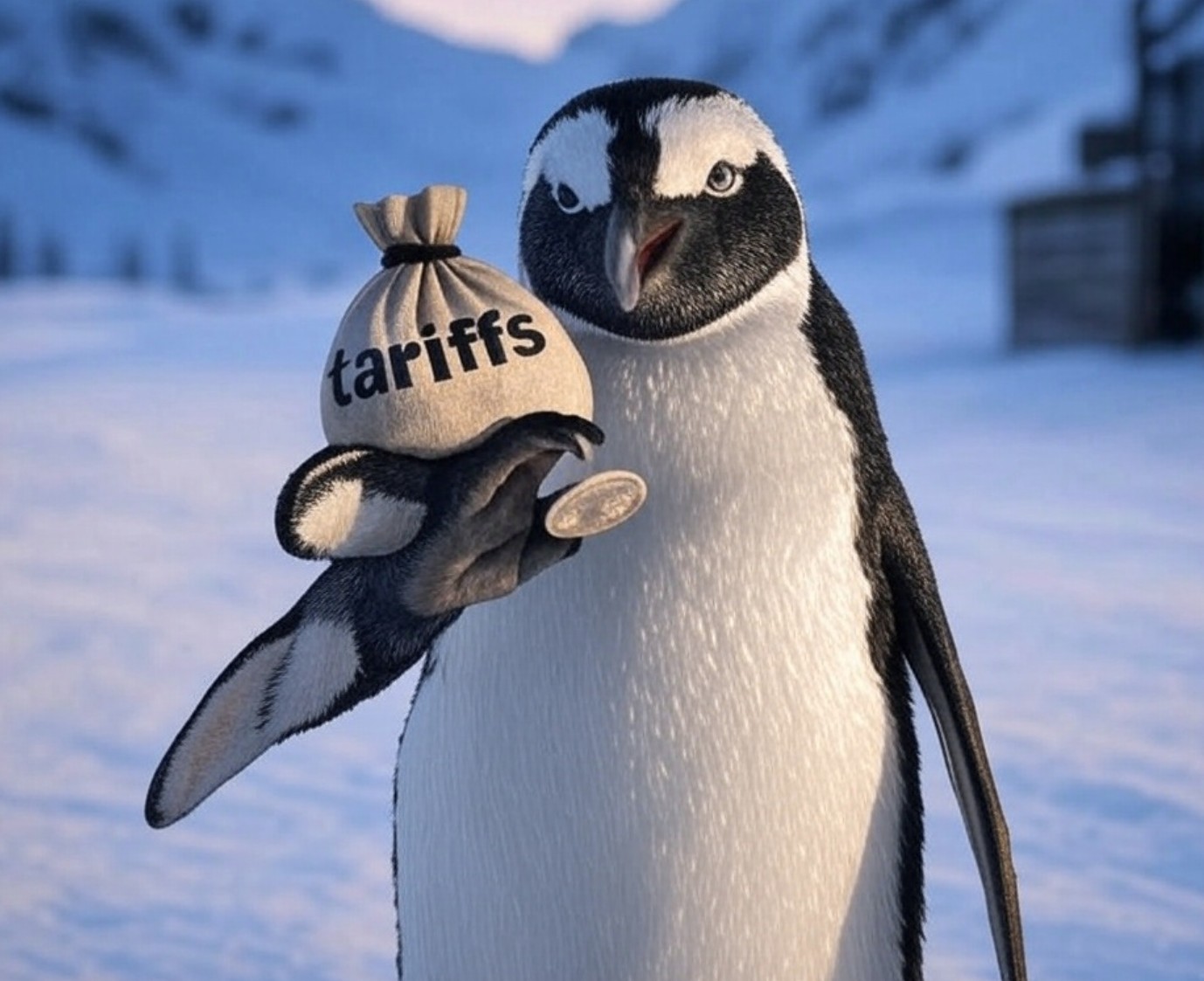Seeing as it’s July and summer and everyone I know is on or has been on vacation, I have made a summer resolution. And that resolution is, for the time being at least, to cut down on the excess verbiage in these weekly missives. That’s right, I am going to try and make them shorter. I will park the flowery prose I typically use and instead get right down to business.
That is indeed my covenant with my readers. Brevity. Succinctness. Economy in description. To the point punchiness. Pithy yet brief. You get the drift.
So, back to the point right? Why did I elect to go shorter? No real reason, maybe just figuring that since it’s summer and most of my readership is doing that Canadian thing and sitting on a dock somewhere that maybe I should keep it short and to the point so that, you know, I can do the same thing. Sit around that is. Relax and chit chat. Have conversations with actual, real people (we’re a small shop so in the summer when people are on vacation, I talk to myself a lot). See what the world has to say about things that may or may not matter. Take the pulse of the people.
Interestingly, I recently had the chance to do that on a trip to Revelstoke, British Columbia. For those of you who don’t know where or what Revelstoke is, I’m not telling you, because I don’t want you to wreck it. For those of you who have been there, you know…
All kidding aside, Revelstoke is a mountain town/city in British Columbia that is inaccessible by scheduled air service and is far enough from both Calgary and Vancouver and proximal to much trendier vacation destinations that it is often overlooked as a place to spend an extended amount of time except by those in the know. Think of it as Fernie, BC or Whitefish, Montana 20 some odd years ago before they got over-run by the elites…
This isn’t to say that Revelstoke is some rough Western town, it’s got its share of high end stuff, just that its vibe is decidedly more casual than comparable spots in more trendy locations.
Let’s be clear though, notwithstanding the preceding there is a ton of stuff to do in Revelstoke no matter whether it is summer or winter. Much of it outdoorsy in nature, as would be expected.
The other interesting thing about Revelstoke is that given its location as the “half-way” point between many of these higher end destinations, there is a lot of transient traffic and over-nighters who stop by on the way to somewhere else. This means that if you park yourself in some fixed location, let`s say maybe the pool at the Best Western on a hot day, you end up meeting a lot of people from a lot of different places.
Which of course is exactly what I did in between doing “all the things” with my 9 year old. And I met a lot of people, probably evenly split between Canadians and Americans, with a few Europeans thrown in for good measure.
A few general observations. The Europeans were way less friendly than Americans and quite reluctant to engage in idle chit chat – maybe there was a language barrier or maybe they didn’t like the beer, but it was pretty clear they didn’t want to engage. Canadians were all very friendly and open about any subject that came to mind. Americans were generally open to any discussion although any word that rhymed with bump sent both sides of a conversation scurrying to the corner.
Being naturally inquisitive (or as my wife calls it “annoying”), I decided to use this opportunity to take the pulse on some of my favourite topics.
TransMountain
Clearly always top of mind for me, I didn’t miss any opportunity to discuss the TransMountain pipeline expansion. In general, I was surprised by what appeared to be a relative lack of interest in the pipeline, the expansion, the “controversial purchase” of the pipeline by the federal government and the impact of expanding oil production. And this was from the Canadians.
Some of the comments about TMX were pretty telling – “well it needs to get done, right?” came from a most assuredly green kayak instructor. When asked about the environmental impact of oil pipelines he pointed out the massive clear-cut sections on the mountainsides and asked how was it different and pointed out how much energy contributes to quality of life.
A helicopter pilot we had the opportunity to chat with who actually lives near the terminuis of the TransMountain pipeline said he thought the whole controversy about the TransMountain was overblown and that in his view, it needed to get going to create employment, move oil and possibly lead to more work for him doing transport, right of way inspections and the like.
One thing that stuck out for me in pipeline related conversations was the level of concern and anger directed at increased rail shipments of oil by people who lived in Revelstoke and travellers. Everyone knew what the scary black tanker in a train was and seemed genuinely resentful that the oil had to travel by rail at all.
Even my nine year old got it as we sat watching a mile-long train threading its way through some ridiculously treacherous mountain pass and I pointed out to her that half the train was oil containers she said that doesn’t seem safe.
I also had quite the interesting and far-ranging conversation with a self-identified environmentalist from San Diego who had been travelling through western Canada for much of the past several months. One comment in particular struck me went something like this: “I’ve just been through Fort McMurray and I pass by the Long Beach refineries and California oil areasa quite often and I’ll take your Fort Mac anyday”.
Pointing out that Canadian oil from TransMountain could one day displace California oil to those same refineries, we drifted into free trade and the requirement Canada has to maintain a certain level of energy exports to the United States and how TransMountain was supposed to help alleviate that reliance. Like many Americans, he was only mildly interested in Canada as a trade partner and was quite surprised at how big the relationship was certainly the energy side. When I pointed out how much oil Canada actually sent to the US, he commented that he thought it was all Saudi Arabia. He also was unaware of how much oil the US sent to Canada. The main take-away on TransMountain for him was – I can’t believe you don’t have export pipelines in the first place.
Another highlight of the conversation was when he said to me “hey, what’s with all the rail cars filled with coal?” and I pointed out to him that “all that coal” was likely coming from Montana and Wyoming and going to the giant coal export facility in Vancouver, destined largely for Asia because no West Coast American port would allow it. Whereupon he laughed for probably a good two minutes.
Free Trade and tariffs
I ended up in quite a long conversation with a clearly Trump-supporting couple from an unspecified part of the United States about dairy (my least favourite subject) and exports of dairy and our ginormous tariffs and how unfair they were. Undeterred, I pursued the typical Canadian talking points about supply management, how US dairy is heavily subsidized and is the largest source of imported dairy into Canada, most of which fell on deaf ears. I pointed out that the US sugar industry is operated on a supply management basis which didn’t elicit much of a reaction either. However, I wore them down with my arguments about inflation arising from tariffs on such things as steel and once they got going there was a whole litany of things they complained about that were increasing in price.
I tried to get them to follow the breadcrumbs back to bad policy choices but was unsuccessful. If only I had had more time! For the record, I avoided mentioning Trump specifically.
Energy Industry
The general view I got about the energy industry was pretty benign. No one was raging about Big Oil riding roughshod over the environment and profiteering off the backs of hard-working Canuckleheads.
The general consensus was “energy good, environment important, economy matters”. Which really shouldn’t have surprised me, but it did, coming from such a broad cross-section of people who I assumed lived on many different points of the political spectrum. I certainly expected to hear some vitriol like on Twitter where I get a lot of my news and entertain myself reading all the hateful things people put in the comments, safely ensconced in their troll cocoons. I guess out in the real world, things are different. When you talk to people they seem to really sit in the centre and face to face conversation is much more reasoned and polite.
The environment and carbon taxes
Being in British Columbia, I fully expected to be exposed to a significant amount of environmental absolutism, but here again I was surprised how “moderate” everyone was. Maybe the largely urban makeup of my fellow travellers contributed to this – it’s hard to rage about how the environment is being destroyed when you are surrounded on all sides by nature’s bounty. If you want a sure-fire way to realize how small you are relative to the world outside, I recommend a helicopter tour in the mountains. At any rate, by and large the message was pretty consistent – maintain the environment but don’t sacrifice too much of my economic well-being to get there.
No one really had much to say about carbon taxes either, although my San Diego buddy found the whole debate somewhat of a curiosity and was thoughtful enough to point out that a tax is a tax and if it wasn’t on carbon, surely the government would find some other way to collect it.
Even the one couple from the middle of the oilpatch in Alberta had the same message and when it came to the carbon tax took the position that it is what it is and at any rate is better than a provincial sales tax even if it seems like it is one anyway.
Price of Gas
At $1.50 a litre, the price of gas smack in the middle of British Columbia was pretty lofty. The Americans I spoke to didn’t seem to mind it too much but I suspect that since they were laughing all the way to the bank with our $0.77 dollar they didn’t really do the math on how gas prices in Canada are currently ridiculously high. The Canadians expressed surprise and resignation. But it’s not like people were changing their habits and the line-ups at the service station were still super long. I guess if you’re filling your RV, you already know to expect a huge bill.
US/Canada relations
Of the Americans I spoke to, the message was universally the same – they all loved Canada and didn’t understand why we were being singled out by Trump. The flip side of this is that they still didn’t know very much about the country or its history, but at least they were here, spending their shekels to support our economy. When pressed, all were of the view that “this too shall pass” and that the relationship is too strong to be wrecked by any one person, on either side of the border.
The Canadians were maybe a little more aggressive towards the US, particularly if they were from an industry that was being impacted by the current elevated level of trade belligerence, but even then, the message was that things will work themselves out and their ire certainly wasn’t directed anywhere except at the top.
Conclusion?
One of the reasons people travel is to learn about the world around them and the people that populate it. When presented with a crossroads opportunity like the Best Western Plus in Revelstoke British Columbia you meet a lot of people from a lot of different places. It’s no Canterbury Tales but I heard a lot of interesting stories and learned a lot from the diverse crew of itinerant travellers who stopped by the hotel pool to cool off on a hot night.
The first lesson is how desperately normal and middle of the road people are. When the time is taken in a casual and relaxed setting to chat about the issues, learn about the pros and cons, reason invariably prevails. And no one, I repeat no one was as angry and polarized as the media and our political leaders would have us believe.
A second and almost as important lesson? Kids always win. How do I know this? Because one of the nights I was at the pool chatting with people the hot tub was filled by no less than 10 obvious Harley Davidson riders partying away with their 12 packs of Kokanee seemingly oblivious to the army of 8 to 10 year old kids playing around them. I said seemingly, because it took easily no more than 30 minutes for the “kids” to clear that biker gang right out of the whole pool area – never to return. As I said, kids always win.
There – I did it. A shorter blog…
Prices as at July 20th, 2018 (July 13, 2018)
- The price of oil fell early but rallied toward the end of the week on supply increases and trade related concerns
- Storage posted a big decrease
- Production was flat
- The rig count in the US was down
- After a smaller than expected injection, natural gas gave up some ground then rallied thru the end of the week…
- WTI Crude: $70.46 ($71.01)
- Nymex Gas: $2.758 ($2.752)
- US/Canadian Dollar: $0.76270 ($ 0.76060)
Highlights
- As at July 13, 2018, US crude oil supplies were at 411.1 million barrels, a increase of 5.9 million barrels from the previous week and 79.5 million barrels below last year.
- The number of days oil supply in storage was 23.4 behind last year’s 28.7.
- Production increased for the week at 11.000 million barrels per day from 10.900. Production last year at the same time was 9.429 million barrels per day. The increase in production this week came from increased production in Alaska and constant production in the Lower 48.
- Imports rose from 7.431 million barrels a day to 9.066 compared to 7.996 million barrels per day last year.
- Exports from the US fell to 1.461 million barrels a day from 2.027 last week and 0.728 a year ago
- Canadian exports to the US were 3.408 million barrels a day, down from 3.442.
- Refinery inputs were down during the week at 17.239 million barrels a day
- As at July 13, 2018, US natural gas in storage was 2.249 billion cubic feet (Bcf), which is 19% lower than the 5-year average and about 24% less than last year’s level, following an implied net injection of 46 Bcf during the report week
- Overall U.S. natural gas consumption was up 5% during the report week
- Production for the week was down 1%. Imports from Canada were up 2% compared to the week before. Exports to Mexico were down 4% compared to the week before.
- LNG exports totalled 23.1 Bcf.
- Slowly but surely… As of July 20 the Canadian rig count was 211. Rig count for the same period last year was actually lower.
- US Onshore Oil rig count at July 13, 2018 was at 858, down 5 from the week prior.
- Peak rig count was October 10, 2014 at 1,609
- Natural gas rigs drilling in the United States was down 2 at 187.
- Peak rig count before the downturn was November 11, 2014 at 356 (note the actual peak gas rig count was 1,606 on August 29, 2008)
- Offshore rig count was down 2 at 17.
- Offshore rig count at January 1, 2015 was 55
- US split of Oil vs Gas rigs is 80%/20%, in Canada the split is 62%/38
Drillbits
- It’s July and not a lot is happening. We can’t even get guys to return phone calls. That said, I feel something big is brewing.
- Trump Watch: Big summit with Putin, bit of a fumble at the presser. Damage control the rest of the week, but tariffs are a good distraction as is the NFL









